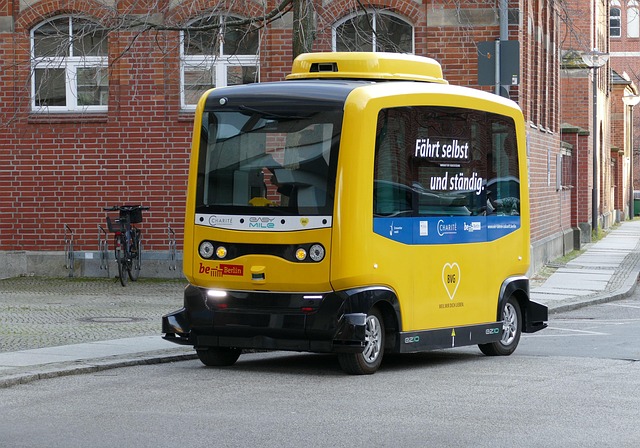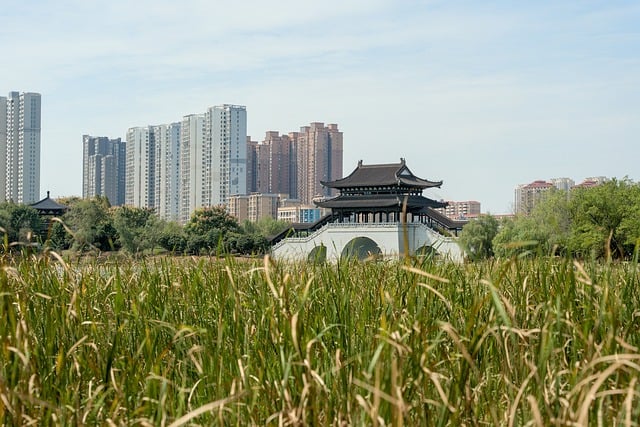The Eco-Friendly Oasis: Cultivating a Green Haven in an Autonomous City
As urbanization accelerates and cities expand, the concept of an autonomous city takes on greater significance. These self-sustaining urban environments are not just about technology and innovation; they represent an opportunity to reconnect with nature and foster community through eco-friendly practices. Imagine living in a city where green spaces flourish, gardens abound, and sustainability is not just a goal, but a way of life.
In an autonomous city, residents can create their own ecological haven by engaging in community gardening initiatives. These green spaces not only beautify the urban landscape but also serve as vital ecosystems supporting local biodiversity. By cultivating plants, flowers, and even small trees, residents can mitigate the urban heat island effect, improve air quality, and contribute positively to the surrounding environment.
One of the most exciting aspects of fostering a green culture in an autonomous city is the potential for collaboration among residents. Community gardens become gathering places where neighbors can come together, share knowledge, and develop sustainable gardening practices. Workshops on organic gardening, composting, and rainwater harvesting can empower individuals, turning them into environmental stewards committed to nurturing their shared spaces.
Moreover, urban gardening is not limited to vast plots of land. Vertical gardens and rooftop gardens provide innovative solutions to embrace greenery in confined spaces. By transforming barren rooftops into vibrant ecosystems, residents can grow fresh produce while also providing habitats for local wildlife, such as birds and pollinators. This not only enhances personal well-being but also contributes to the overall health of the urban ecosystem.
Embracing the concept of an autonomous city also encourages the implementation of eco-friendly technologies that complement gardening efforts. Rainwater collection systems can be seamlessly integrated into green spaces, ensuring that gardens are nourished even during dry spells while conserving vital resources. Solar panels and wind turbines can pave the way for sustainable energy solutions, powering community events and educational workshops focused on environmental awareness.
In this vision of an autonomous city, nature plays a crucial role in reducing stress and enhancing the quality of life for its inhabitants. Research has shown that spending time in green spaces can lower cortisol levels, reduce anxiety, and promote overall mental wellness. This underscores the importance of creating accessible, eco-friendly areas where residents are free to explore, connect, and thrive alongside nature.
As we look towards the future of urban living, the idea of cultivating a green haven in an autonomous city becomes essential not only for creating a nurturing environment but also for fostering community relationships. By prioritizing sustainability, we can weave a rich tapestry of greenery that enhances the beauty, resilience, and livability of our urban landscapes, all while supporting individual and communal well-being.
Ultimately, embracing gardening and eco-conscious initiatives in an autonomous city empowers individuals to take ownership of their environment, cultivate connections with their neighbors, and inspire a collective movement towards a sustainable future. With every planted seed, we inch closer to creating a harmonious balance between urban development and the preservation of our precious natural resources.




